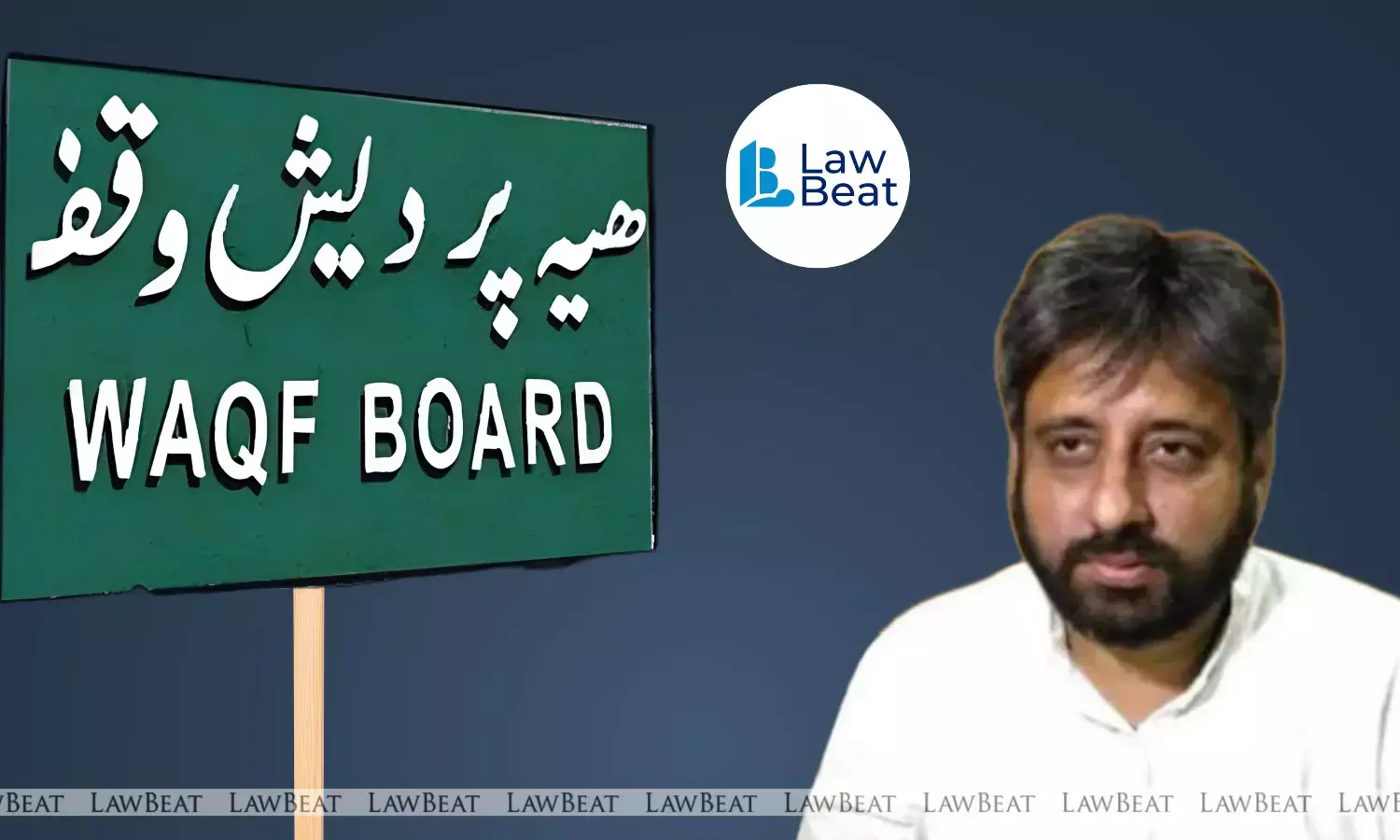Delhi Court frames charges against Amanatullah Khan for prima facie “Nepotism in public office appointments”

A Delhi Court on Monday framed charges against eleven accused; including former Delhi Waqf Board (DWB) chairperson and Aam Aadmi Party (AAP) MLA Amanatullah Khan, accused over alleged “illegal appointments” at the Delhi Waqf Board during his tenure as chairman.
Khan has been charged for criminal conspiracy and misconduct under Section 120B IPC read with Section 13(2) and 13(1)(d) of the Prevention of Corruption Act, 1988.
The Court ordered that a trial should proceed, rejecting multiple discharge applications and noting that a strong suspicion of conspiracy exists based on the material on record.
According to the CBI, Khan abused his official position (2016–21) to appoint handpicked candidates in contravention of rules. The chargesheet alleges, that the Waqf Board’s CEO post was advertised in a “tailor-made” manner favoring retired IPS officer Mahboob Alam, specifying a 60–65 age limit instead of the rule permitting all graduates up to age 58.
Khan’s supporters were named in 41 recruitments made under the contested process, including five relatives and acquaintances. Investigators say many appointees did not even apply properly (missing formal applications or post details) yet were interviewed, while thousands of other candidates were excluded for similar procedural lapses.
Some hires reportedly began work after a hastily-constituted “recruitment committee,” and their higher salaries were fixed by board resolution (not the Services Department), yielding substantial extra pay. The CBI has also noted that required government sanctions (under Section 19 of the PC Act and Section 197 CrPC) were obtained to prosecute Khan and Alam as public servants.
The Court states that these facts give rise to “strong suspicion” of conspiracy.
The Court observed that allowing A‑3 to A‑11 to appear in interviews despite technical defects, while barring 182 other candidates for the same reasons, and their familial ties to A‑1 (Khan), suggests a “collusion” to facilitate illegal appointments. It also noted that such conduct “cannot simply be classified as minor irregularities” but “represent more than mere procedural errors or administrative lapses”.
The Court agreed with the CBI that nepotism in public office is a form of corruption, citing Neera Yadav v. CBI (2017) – and held that obtaining any pecuniary benefit by abusing office falls under Section 13(1)(d) of the PC Act.
Conclusively, the Court said the facts “fulfill the necessary elements” of conspiracy against all 11 accused, and of criminal misconduct by Amanatullah Khan (A‑1) and Alam (A‑2) under the PC Act.
The Court has also framed charges under:
-Section 13(1)(d) (before its 2018 amendment) makes it an offence for a public servant to misuse their office to secure a financial benefit for themselves or others.
-Section 13(2) penalises any dishonest use of official position to help someone gain an advantage.
The judge also confirmed that, under the Waqf Act, both Khan and the Board’s officers qualify as “public servants.”
The CBI first filed this case in 2016, and the Enforcement Directorate is separately investigating related money‑laundering allegations.
With charges now formally framed, the matter will proceed to full trial on the alleged corruption and conspiracy in the Waqf Board recruitments.
Case Title: CBI v. Amanatullah Khan & Ors.
Order Date: July 28, 2025
Bench: Special Judge Dig Vinay Singh
